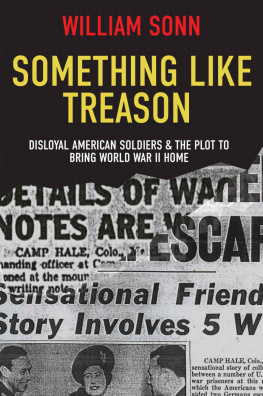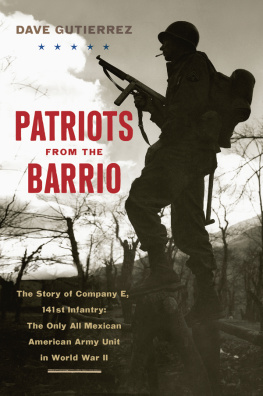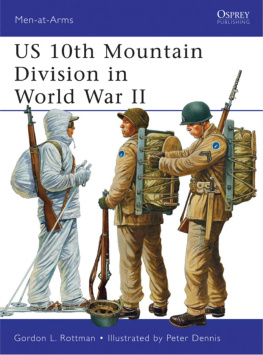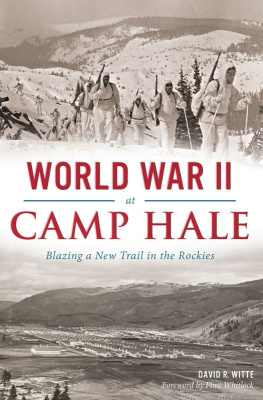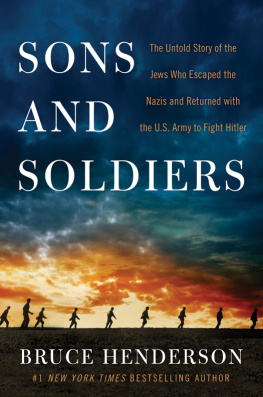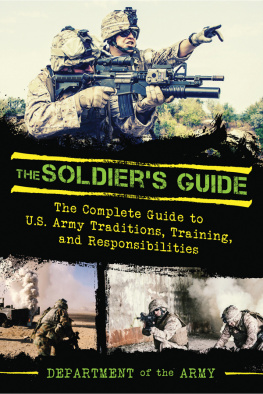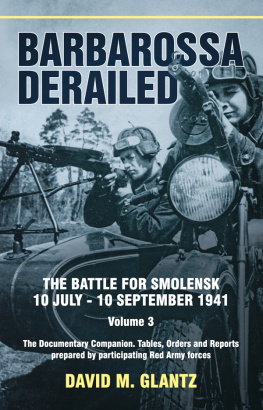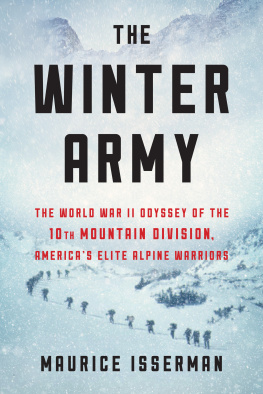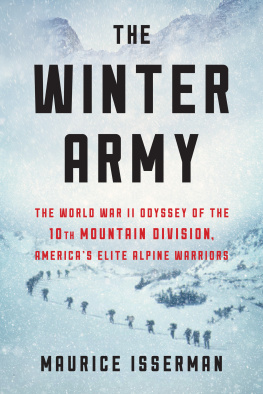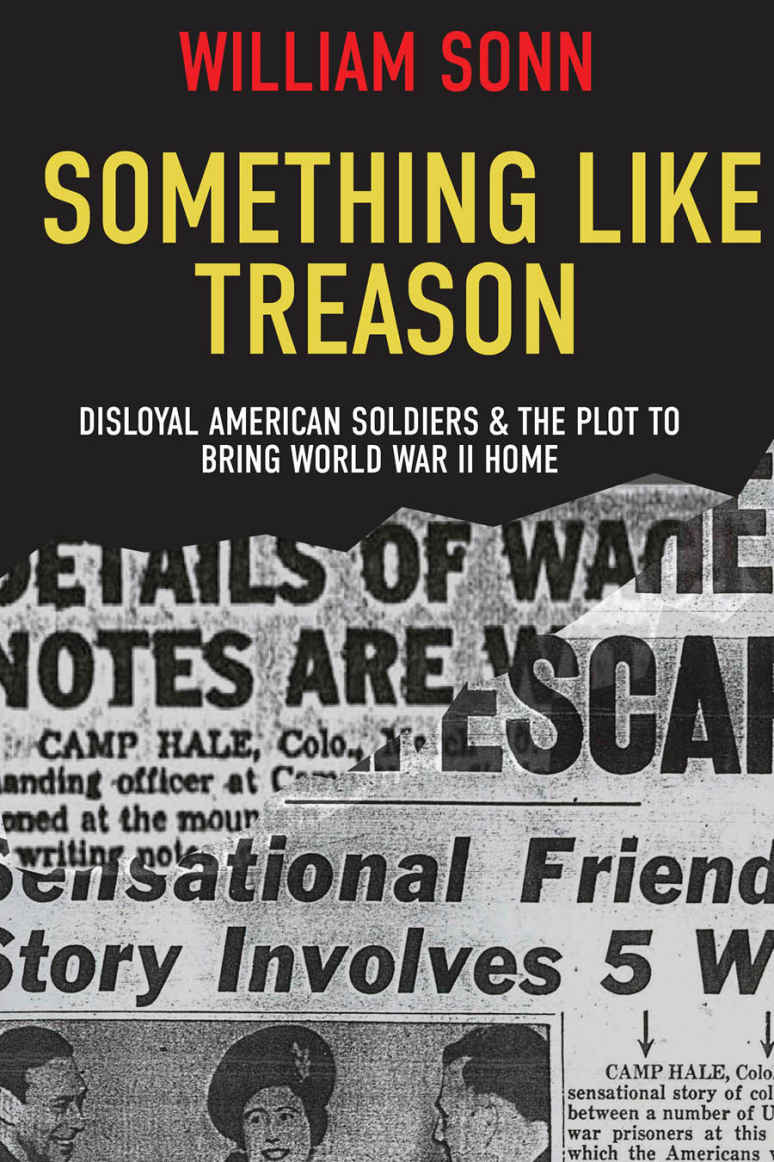
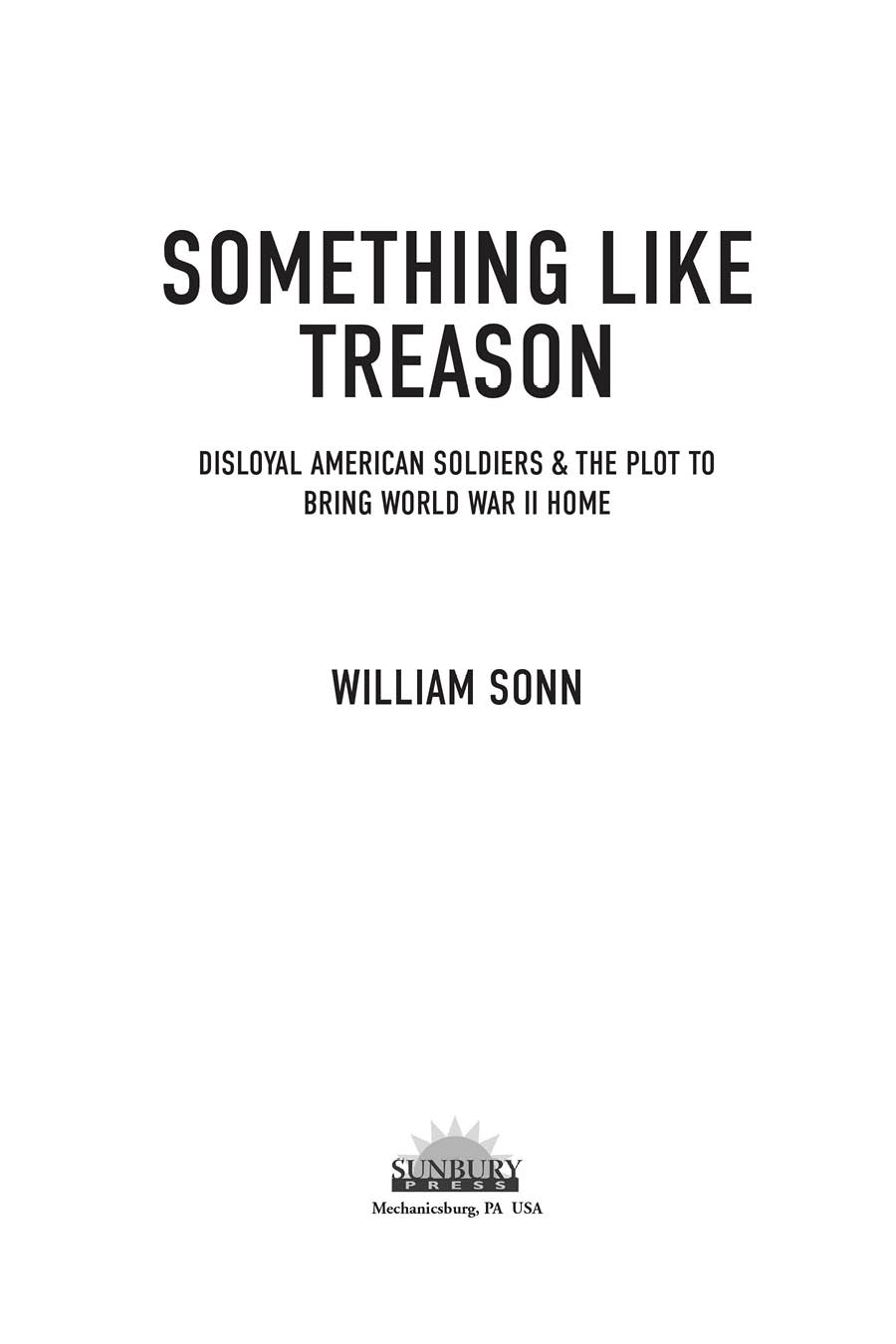
For Goldie, Ike, Jonah, and Saphira, my favorite quartet
Contents
Contents
Part I: Escape
Part II: Infidelity
Part III: Noose
Part IV: Deserts, Just and Otherwise
Part IV: Apres Fascism
Abbreviations
Abbreviations
HC Dale H Maple Research Collection. MSS 2261, History Colorado. Denver and Colorado and Dale H Maple Collection MSS 1589 History Colorado. Denver, Colorado.
FF file folder
FBIM Federal Bureau of Investigation file materials (in HC); FBI records from the Department of Justice archives.
C Correspondence (in HC)
NARA National Archives Records Center
Foreword: Six Years Later
Foreword
Six Years Later
Six years later, when he got home again, Dale Maple was 30 and not very famous anymore. No press, no jostle greeted the bus as it pulled into San Diegos terminal on October 10th, 1950. After two long days of traveling1,558 miles from Kansas through Oklahoma, New Mexico, Arizona, and across Californiahe wasnt all that presentable anyway. Not too long before, during his heyday in San Diego and in Cambridge and beyond, hed been a genius, a glorious pianist, a prodigiously talented linguist, and a gifted student of most of the physical sciences and all the liberal arts. As a teen and then a college student, hed confidently told the adults who flocked to him he was going to be a diplomat, a chemist, a concert pianist, or maybe an internationally known linguist. Few doubted it was all within his reach. But things go awry for young men during wartime.
So far, Maples most notable adult deed had been to conspire with a handful of scorned soldiers to bomb communications and transportation hubs, attack military posts and make war against and within the United States of America. Of all the things he could have been, he was now the only American soldier convicted on home soil of the militarys version of treason during World War II.
All his confederateshe called them the Inner Circlehad been like him: sons of the middle and upper-middle class fated to first test the quickening currents of American adult life during one of the worlds great storms. All were smart, most of them well-educated, and several of them disoriented not only by the mind-boggling roar of global war but the often-confounding bureaucracy of the burgeoning U.S. military. All were soon swept over the wars falls and against its rocks, abused and then bewildered and alienated and primed to retaliate.
* * *
He stepped off the bus into a placid, 71-degree San Diego day, a re-shaped world and a seemingly foreign society that was now growing richer and more powerful than any in human history. Average family income in 1950 was $3,300, already up 27% from $2,595 in 1945. Even fear had a new dimension: Russia had busted the U.S.s monopoly in nuclear weapons the year before, and Americans suddenly were living under a whole new kind of threat.
American citizens had an impressive 25 million cars in 1950, but that was about to grow to 67 million by 1958. Television was taking off. Sets that were $500 in 1949 became sets that cost $200 in 1953. By the decades end, 90% of American homes had at least one of them.
The war seemingly was slowly but surely upending Americas version of Abraham Maslows Hierarchy of Needs, the ranking of humans five psychological needs. As Maple stepped off the bus, more and more Americans access to food, clean water, warmth, clothing, and sleepthe foundation of basic physiological needs, according to Maslowwas steadily expanding. They worked and lived in different places (two-thirds of industrial construction during the coming decade would take place outside of cities, with suburban residential accounting for 75% of total construction). Their understandings of security, both personal and national, were morphing in the ominous new atomic age. So were love and belonging, and how we defined accomplishment.
And for the relatively secure American castes in 1950, the times promised a sunny era of opportunity, honest government, and, after decades of tumult and Depression and mourning, stability. That was new, too.
A couple of decades later, there was a good argument to be made that Maslows whole pyramid of needs had been nearly flipped over. Self-fulfillment was often more important than, say, accomplishment.
* * *
On the day of Maples arrival, fresh, gentle 8-mile-per-hour breezes blew in off the Pacific. The day seemed safe from any of Octobers often-punishing autumnal weather events, especially the brutal Santa Ana winds that blasted scorching desert temperatures, fire, and, it was said, portents of distress and intimations of madness from the east. For now, the winds were quiet.
For the would-be traitors and Nazis Maple had once claimed to lead, however, the quiet could be menacing. Job prospects for ex-cons were not good. An era of retribution flourished in 1950. The FBI was arresting collaborators, even people like Maple just freed from years of military confinement. Their new sentences were often harsher than the military ones theyd already served. The month Maples bus pulled into San Diego, U.S. Attorney General J. Howard McGrath published guidelines for Communist-action groups to register and reveal its members, finances, leaders associates, and more under the new Subversive Activities Control Act. The same year, Sen. Joseph McCarthy spectacularly claimed there were 200-some communists in the U.S. Department of State. Though the numbers he gave changed from press interview to interview, he dramatically accelerated a Second Red Scare (the first was in 1917-1920). Politicians were already accusing and attacking those who they deemed too tepid in their support of the war or too open-minded about alternative ideologies. Maple qualified on both counts. Employers, under pressure, were firing or rejecting the accused simply for being accused. Innocents suffered. How all this would affect Maples disloyal, just-released confederateshardly innocentwas, if nothing else, a curious social experiment. How quickly can the wartime villains of one national delirium, the visceral hated of Japanese and Germans, be obscured by the next national delirium.
At first, most of the tainted men of the Inner Circle were making uncharacteristically wise choices. They were scattering as unobtrusively as possible to Pennsylvania, Michigan, Ohio, New Jersey, and Illinois. Another was in Argentina.
Maple would be the most recent of them to try to blend in, although blending in had never been his strong suit. Six years before, he was intent on forging a notorious path to wartime Berlin and returning home with the tools and training of the Third Reich to blow up parts of the United States. Even now, in 1950, his professional sights were immodest. His keepers had warned him post-prison prospects for convicted traitorseven smart oneswere generally limited to hardscrabble jobs at best. Should he manage to stay out of jail, no self-respecting school or company or agency was going to hire him. But he had been steadily raising his expectations for a future magically free of the consequences of his own actions. He aimed to be a pioneer of new teaching methods for slow learners. a mathematician, a psychiatrist with an academic appointment, and, in his off-hours, a pianist with a local symphony. The odds against realizing such jailbird ambitions, much less in the changed United States, were absurdly long.
In San Diego that day, his father was at the terminal; a gruff man, a realist, an engineer. Next to him was a stranger, official-looking. A woman was there, too; likely the new arrivals as-yet-unmet stepmother. She was something else that had changed since the day hed disappeared.
Next page
